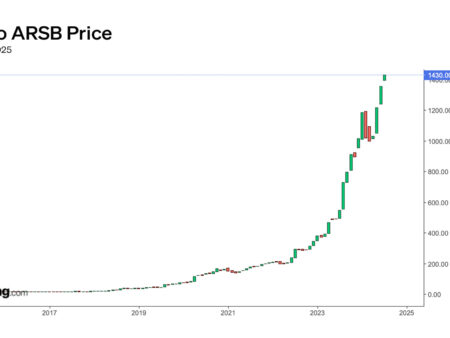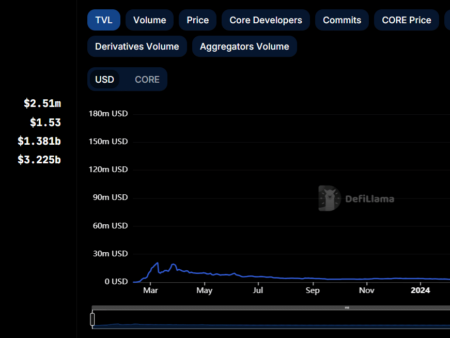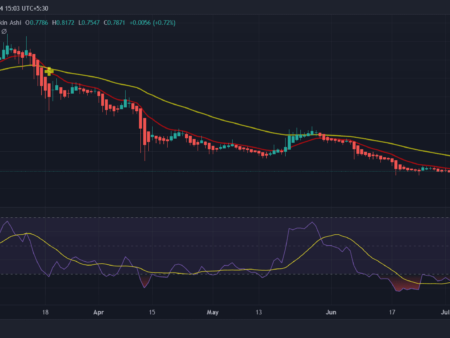
Block, a leading payments company headed by Jack Dorsey, officially launched its long-awaited Bitcoin hardware wallet, Bitkey.
Block, a leading payments company headed by Jack Dorsey, officially launched its long-awaited Bitcoin hardware wallet, Bitkey.
In an unexpected move, the company has mandated that wallet purchases, priced at $150, can only be made with traditional credit or debit cards.
This decision is a significant departure from the ethos of cryptocurrencies.
A step back for innovation in payments?
The Bitkey wallet, which has been in development since 2022, represents a new direction in self-custodial cryptocurrency storage.
By allowing users to store their Bitcoin independently of exchanges, Block aims to mitigate the risk of potential platform crashes.
Bitkey is equipped with modern security features, including a fingerprint sensor, USB-C connectivity, NFC technology for fund transfers, and compatibility with major platforms such as Coinbase and Cash App.
However, Block’s decision to limit the purchase method to traditional forms of payment has raised eyebrows among cryptocurrency enthusiasts, indicating a possible reluctance to fully embrace digital currency transactions in the retail environment.
Expanding global reach
Despite its unconventional payments policy, Block announced the launch of Bitkey in an impressive 95 countries, signaling a strong commitment to expanding the accessibility of Bitcoin storage solutions.
The launch strategy, which initially involved pre-orders with shipments in early 2024, shows Block targeting a broad audience of Bitcoin users looking for more secure storage options.
However, the requirement for conventional payment methods to purchase Bitkey has sparked a conversation about the current state and future potential of cryptocurrencies in everyday transactions.























